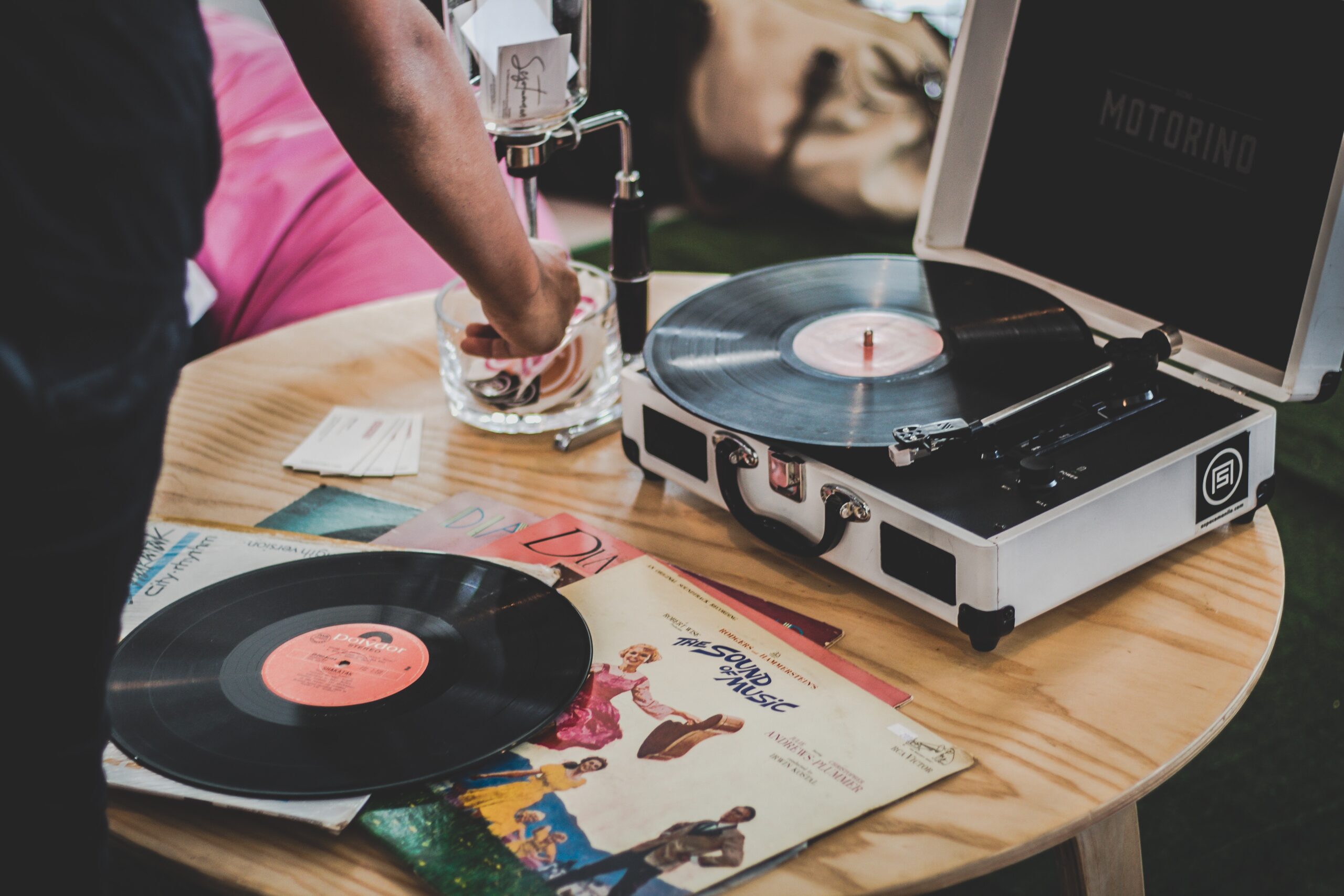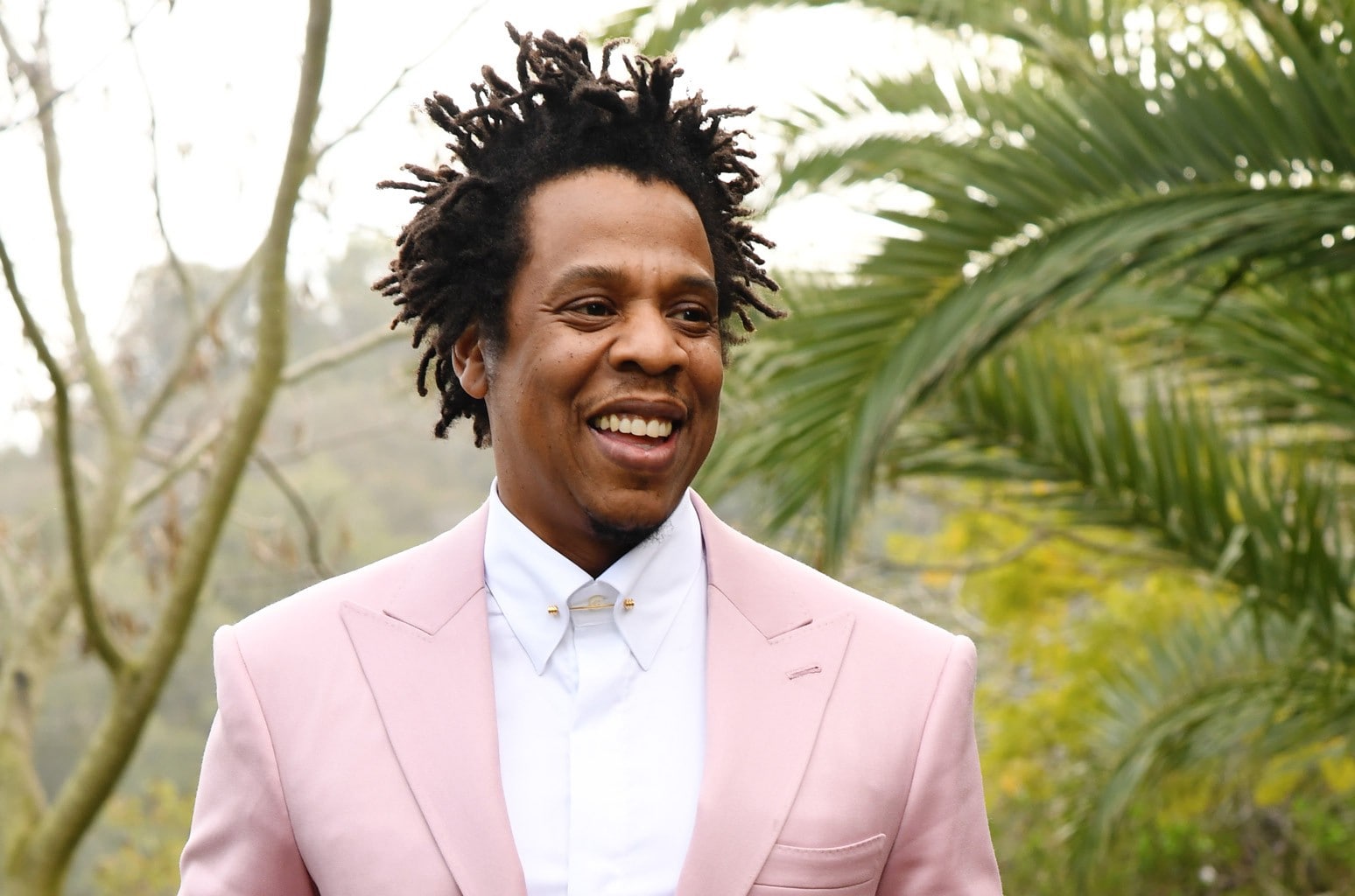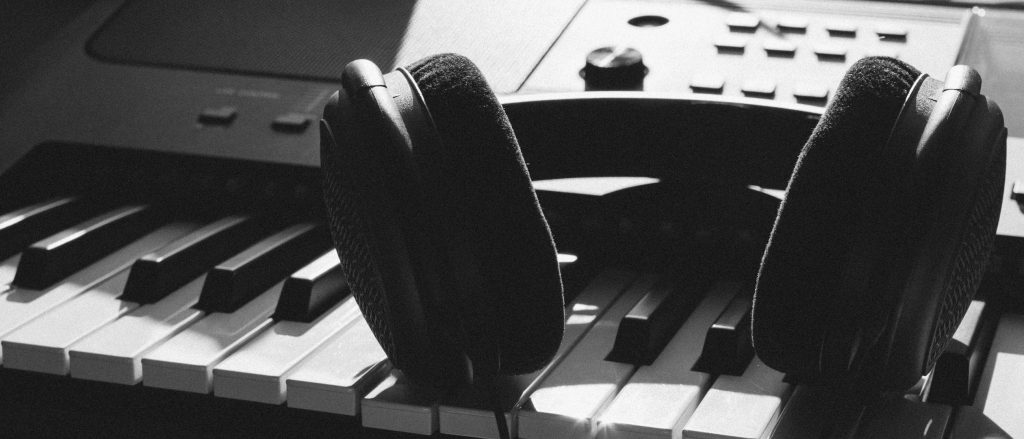Royalties are a percentage of the money that is made by the sale of a work. For example, on iTunes, if you purchase a song by Taylor Swift, then Apple would pay 10% to Taylor Swift as their royalty for streaming her song.
This is also applicable to movie theatres and other venues where streaming rights have been purchased. In addition, royalties are often associated with concert tickets, meaning that ticket purchasers would be entitled to royalties for the artist performing at their show.
NOTE: This information is for educational purposes only. Copyright and all related design rights are still owned by their respective owners. No part of this document may be reproduced without expressed written permission from copyright holders.
Now, when you hear the word royalties, it could just be referring to the monetary payments you can earn. However, in actuality, there are two types of royalties: performance fees and mechanical rights.
When music is created and prepared for release, the rights of the creator are divided between two parties: the record company and the artist. This division exists because, with a recording, there is a certain need to find another person in order to perform it. Therefore, it is necessary for the label or publisher to hire someone in order to play the music and perform it for an audience.
These performances are what is known as mechanical rights, which are the copyright on recorded music that has been prepared for release.
Types of Music Royalties
Royalty splits are categorized depending on the role of the artist, and how the royalties are divided. There are two main categories: selling and mechanical royalties.
Streaming Royalties
Streaming royalties are a portion of the money made by the sale of a song or an album. You, as the purchaser of that song would be entitled to a percentage from that sale. Apple, Spotify, Pandora, and other streaming platforms pay out over 15% in royalties to artists every quarter. These types of royalties are now being used more and more frequently because they can be so valuable to an artist.
Mechanical Rights
Mechanical rights refer to the royalties on making copies of a song. These are called Royalties because they relate more directly to the composition of music than other types of royalties. To put it simply: “mechanical” refers to something that is robotic or automated in its nature; while “rights” is a reference to how you may choose to use your product containing copyrighted material.
Neighboring Rights (and Royalties)
Neighboring Rights are another type of royalty associated with the sale of a song. You can hear an example of this in “Despacito” by Daddy Yankee: A neighboring right is a type of override that allows you to share the money made from your music with another person or company. For example, if you have some music that has been played on radio stations, then you would receive some portion of that revenue as a neighboring right (though not all).
Digital Performance Royalties
Digital performance royalties are paid by online music services such as Apple’s iTunes Store and Google Play Music. These royalties are paid to the copyright holder (the songwriter/artist) when customers play digital copies of songs on these services, but not to composers, producers, or publishers for broadcast licenses.
Performance Royalties for Satellite Radio
Performance royalties are paid by satellite radio to cover the cost of the recording artists’ work that is played on terrestrial radio stations nationwide (e.g., FM or AM).
Sync Licensing Fees
Sync Licensing Fees are fees that are paid by television and movie music producers to work with popular songs. For example, if you wanted to use a popular song in one of your television shows or movies, you would be charged a fee for the “sync licensing” of the song.
Public Performance Royalties
Public performance royalties are paid to artists by entities such as radio stations and television networks. These royalties are paid for playing songs on public radio stations or TV networks. For example, after a certain amount of plays, the artist will receive royalties based on their “exposure.” Performance royalties exist at many different levels of performance (e.g., from satellite radio, cable television, terrestrial radio or broadcast television).
Who Gets Paid?
The best way to get paid for your music is through an agent. An agent will put you in touch with labels and publishers who will want to sign you.
The same is true even if you sign with a recording studio yourself. Record companies need most of the money they make to pay their artists and will want to track how much money they make. Therefore, it is important that your agent knows what kind of work you’ve done and can estimate your potential earnings (or estimated earnings) with a label or publisher.
When a record is released, profits are split between the recording studio, music publisher, and songwriter. Sometimes publishers will also have a split in the writer split, and the publisher will have a cut as well. A publisher usually has their own agent and deals with the same people that an agent does, but they are usually independently represented (as opposed to an agent who represents both the artist and record company).
The bigger you are, the chances are that your label or publishing company will be able to negotiate royalty splits with your record company. In this equation, distributors of the music also have a cut of the money that is received from record sales. The more people who distribute it, the more they are able to negotiate.
Rentals can be taken as long as you own the copyright to the work, which means that it has been licensed to you, and not sold.

Licensing companies and Sync agencies will often be able to give you a license to use the work because it is ‘intellectual property. This means that they have been granted ownership of the rights by law, so they have legal rights over the work. However, this does not give them any rights over your own personal data, which is owned by you, and which means that they cannot take any action against you if you breach any of their guidelines.
Record companies are responsible for the marketing and promotion of a record. This is usually divided into two parts; promotion at the label, and marketing at the home office. Promotion at the label is more prominent, but the costs are comparatively higher. The most important part of marketing is to sell units.
If you are signed by a record company, they will be in charge of all aspects of your career. They will decide who to sign to their label, how much they should be paid, and how long they should wait until they release an album or single for you to promote if it’s not currently available.
Publishers are responsible for providing licensing agreements to record companies. They negotiate royalty splits and license agreements for a songwriter. Publishers take a cut of royalties from record sales. If you are signed, there is usually a split between the publisher and the songwriter. If you are not signed then you negotiate your own rate with the publisher.
Last but not least, as the recording artist, you are responsible for recording the album, writing the songs, and performing. Your label or publisher will usually not spend much money on you beyond the initial marketing of a record, because it’s not always about how good you are.
There is a lot of competition from other artists in the world and it’s not easy to stand out in this kind of market.
If you’re lucky enough to make a big record with your label or publisher, then they will take care of your career for you as an agent would.
Selling Your Royalties
Selling your royalties is easy if you are signed with a record label or a publisher. They would already have taken a cut of your royalties, so you would be left with whatever is left over. You can sell the remaining balance to another company and get some money out of it, but it’s usually not as much as the original deal.
As we mentioned before, if you are unsigned this may be one of the only ways to earn anything from your music at all. This is because companies specializing in buying royalties offer a relatively low price for them since they have no rights to the records or songs.
Michael Jackson famously purchased the entire royalties and catalog of The Beetles for £700,000 ($1.1m) – which is a very large amount of money by anyone’s standards.
Record companies will often state that they cannot sell the artist’s music or catalog until they have received their royalties from a deal, but this is not strictly true.
If you have the money, it’s a good way to make some extra cash if you’re not too bothered about the record company owning your music and songs.
Royalties can be earned from licensing rights. These rights are usually acquired when a song is being released for commercial use by a third party, such as in corporate advertisements or when they are used for music videos. Royalties can also be earned through sales of CDs, tickets, or merchandise related to an album or song.
As a visual artist (painter, sculptor etc.), there aren’t really any ways to make money simply by selling your art.
Doing What’s Best For You
As the recording artist, profit splits and royalty agreements are usually in the record labels’ favor. You can stop your publisher from taking payments from your royalties. Usually, they are entitled to 25% of the profits from the sale of a song or record, unless you write a ‘work-for-hire’, in which case they can take up to 50% of the profits.
With these new laws, it’s easier than ever for you to own your copyrights, which means that you can sell them if you wish.
Exploitative contracts – If your contract pays less than $10,000
Selling royalty rights – Which you’re allowed to do under certain circumstances
The way that music is shared over the Internet has been evolving rapidly.
If you end up with the short end of the stick in terms of profit splits, you can actually buy mack your catalog. A music video is typically a video recording of a song or composition from an album. A video clip is a short piece of a song or performance (typically one or two minutes in length).
Videos and clips are often used in the promotion and marketing of artists, bands, and record labels. Many videos have been commercially released online with little to no promotion, in order to promote an album or single by an artist, band or record label to fans for free.
Some Major artists who have regained control of their music catalog include :

Jay Z/ Getty Images
JAY-Z, through Def Jam Recordings, purchased his catalog from Universal Music Group for $10 Million.
Adele, through her recording contract with XL Recordings, purchased the rights to her record sales and earnings.
Garth Brooks also re-gained ownership of his music back in 2012 after purchasing the rights to every single song released by him during a five-year period. In 2014 he entered into an agreement with Warner Bros.
When recording artist gains full control of their music rights, it means that they own all of the rights to their music catalog and this gives them complete control over what is done with it. This can mean anything from deciding how their music is used to licensing agreements for their songs, videos, and recordings.
This will give them the power to negotiate better royalty splits than they would normally receive as a signed artist. Most importantly they will receive all if not most royalty payments.
Many artists choose this path because they do not want others taking a cut of their royalties.
Check Out: How to Get Signed in 2023: Getting a Major Record Deal
Should I Sell The Rights to My Music?
While there are many reasons why selling your music is a bad idea, we will look at some of the main reasons:
If you’ve recently become an independent artist, you may be thinking about making money from your music by selling it. Before you do this though, I recommend that you give it some time and not rush anything.
You need to find out if there is even a demand for your music before releasing it. Even then, unless you have a proven track record as an artist, don’t start selling your songs until you have enough to last for at least 1 or 2 months. Take things slowly.
As an independent artist, you might think that selling your music is a good way to become popular and make lots of money. The truth is that this isn’t really a viable strategy.
One of the biggest reasons why you shouldn’t sell your music is that before you can do that, you first need to spend money on making it.
You’re also going to have to distribute it out there too if you want people to hear it. In other words, unless you have already built up a good fanbase ahead of releasing your music for free, having people pay for it isn’t going to help much. You could end up losing money by releasing paid tracks instead of free ones.
Some artists have decided to leave their record labels and go it alone. These artists record the album using a variety of different instruments and equipment. Artists such as Steve Taylor, TobyMac, Switchfoot, Relient K, and Charlie Peacock are among those who have left their labels in order to produce music independently.
Staying Independent
There are many advantages to producing and marketing your own music, including:
When recording the album, you basically control every aspect of production – which means that you can produce it however you want. You can set the tone for the whole production as well as set goals that you want to achieve with your music.
You reap full benefits from your album’s success. With the internet, you’re able to directly connect with your fanbase – which means that you can generate and promote your own products.
You can have complete control over creative direction.

There are two main ways to produce an independent album. The two methods include self-production (also referred to as do-it-yourself) or collaborating with another producer.
Self-production involves you solely taking care of the recording, mixing, and mastering of your album. You’ll be responsible for everything that has taken place during the production process.
Collaborating with another producer involves dividing your duties between the two. This way scenario means that you’ll have someone else do the engineering and other production work, while you handle recording, mixing, and mastering.
A seasoned producer can make a significant contribution to an artist’s success. However, producing your own material is something that is best attempted by an experienced independent artist who also has musical knowledge and skills to back up their theory of sound production.
Conclusion
When it comes to making music, it is always best to look at what you like and what you want to be able to do with it.
An artist can’t create something overnight as it takes a lot of technical proficiency to be able to produce music. However, the more you practice and study music, the better your sound production will look which will in turn help you get better gigs.
All in all, there’s no doubt that music is an essential part of society. Some may say that you should only produce music if you love it. But in order to be successful, you need to love it and understand how to make it profitable.
With an independent artist many times there is a high expectation which can lead to burnout for the artist as they work on their sound and perfectionism can creep in as well. Many artists also feel like they have something to prove because they aren’t with a label anymore.






